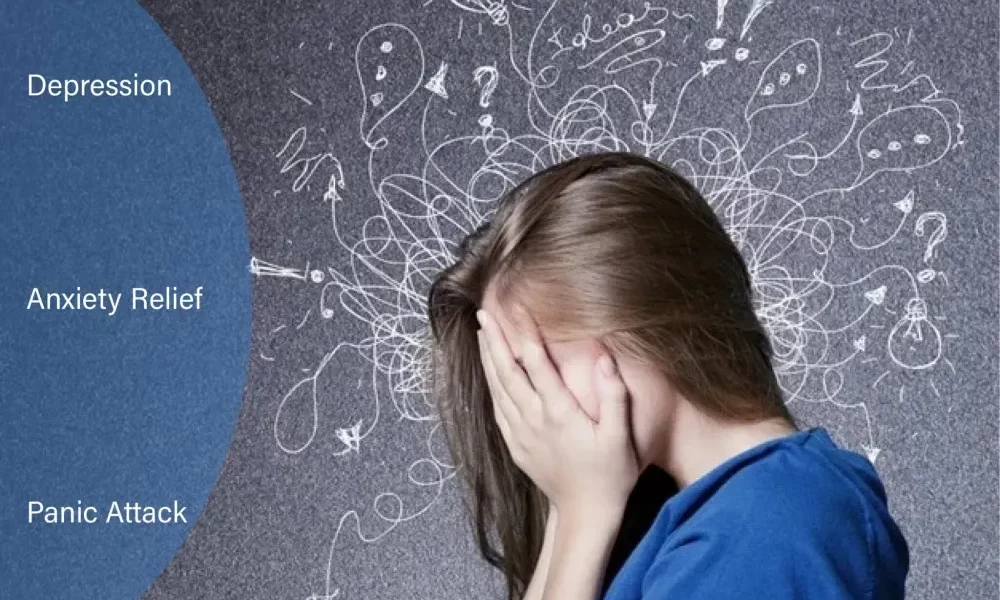Anxiety and depression are common mental health conditions that can significantly impact your quality of life. While they often occur together, they are distinct disorders with different symptoms and treatment approaches.
Anxiety Disorders
Anxiety disorders involve excessive worry, fear, and anxiety that can interfere with daily life. Common types of anxiety disorders include:
- Generalized Anxiety Disorder (GAD): Persistent, excessive worry about everyday things.
- Panic Disorder: Recurrent panic attacks, characterized by sudden feelings of intense fear or discomfort.
- Social Anxiety Disorder: Intense fear of social situations and scrutiny from others.
- Specific Phobias: Fear of specific objects or situations, such as heights, spiders, or flying.
Depression
Depression is a mood disorder that causes persistent feelings of sadness, hopelessness, and loss of interest. Symptoms of depression can include:
- Persistent sadness or “low mood”
- Loss of interest or pleasure in activities
- Changes in appetite or weight
- Sleep disturbances
- Fatigue or loss of energy
- Difficulty concentrating
- Feelings of worthlessness or guilt
- Thoughts of death or suicide
Strategies for Managing Anxiety and Depression
- Seek Professional Help: Consult with a mental health professional for diagnosis and treatment.
- Therapy: Cognitive-behavioral therapy (CBT) and other forms of therapy can be effective in managing symptoms.
- Medication: In some cases, medication may be prescribed to help manage symptoms.
- Self-Care: Prioritize self-care activities, such as mindfulness, yoga, or spending time in nature.
- Healthy Lifestyle: Maintain a balanced diet, get enough sleep, and engage in regular physical activity.
- Social Connection: Connect with loved ones and build strong social relationships.
- Stress Management: Practice stress-reduction techniques, such as deep breathing and meditation.
- Avoid Substance Abuse: Refrain from using alcohol or drugs to cope with symptoms.
Remember, seeking help is a sign of strength, not weakness. If you or someone you know is struggling with anxiety or depression, reach out to a mental health professional or a helpline.




